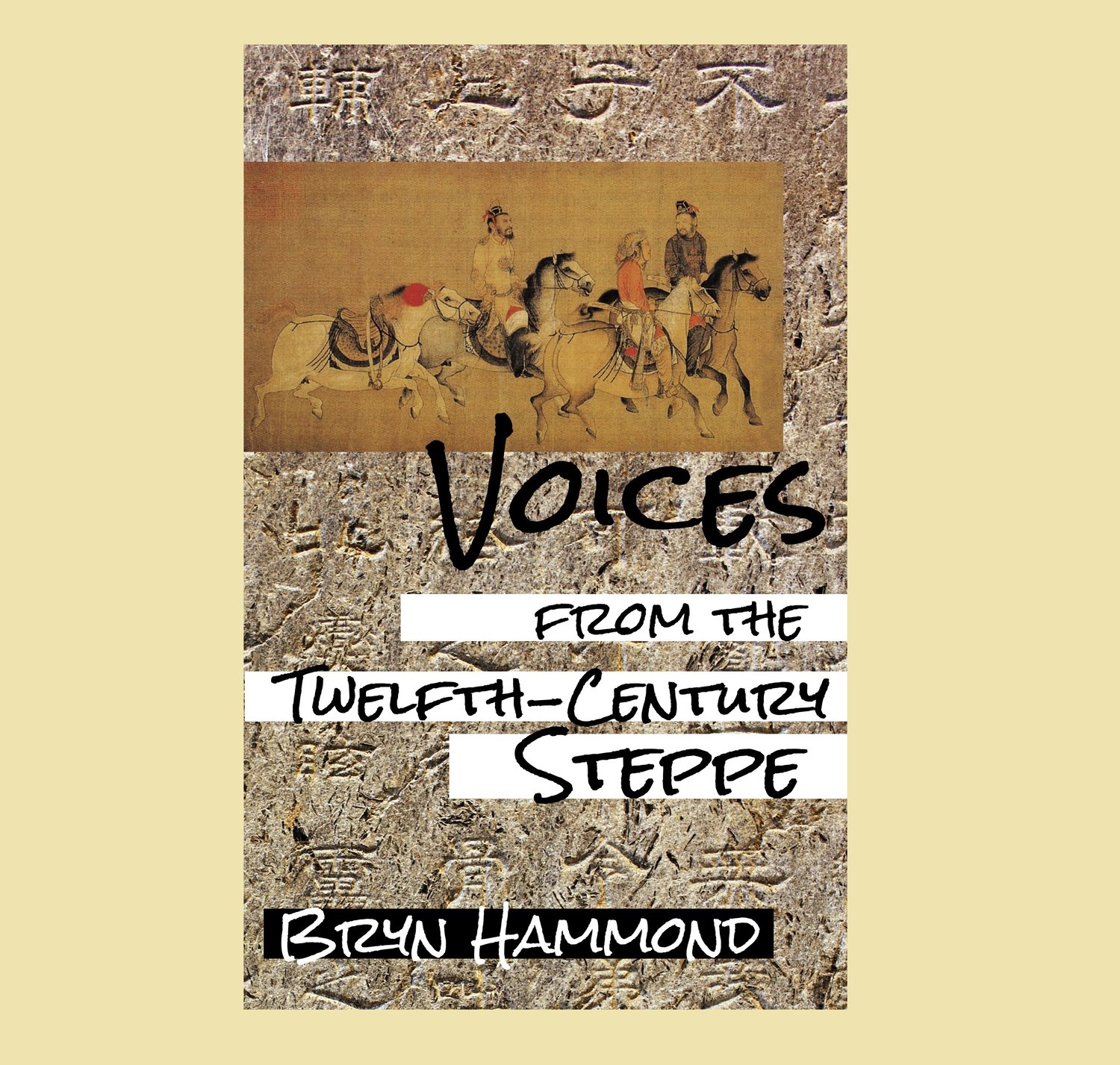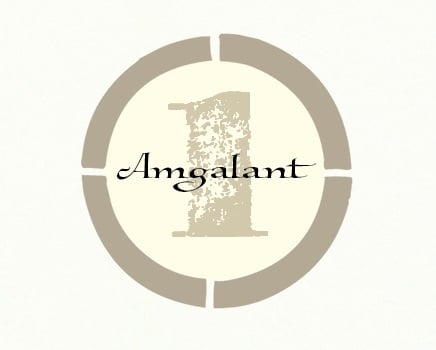
Voices from the Twelfth-Century Steppe
A historical novelist explores the Secret History of the Mongols.
If the Secret History is a communal memoir, who told its secrets? Did Temujin -- Chinggis Khan -- tell his own story? Whose voices are heard within the text?
Voices from the Twelfth-Century Steppe has two strands. It practices interpretation of the Secret History of the Mongols from an oral and written arts standpoint ('literary') -- how does this differ from historical investigation? It exhibits ways a historical novelist engages with a primary source -- how does this tend to differ from a historian?
Voices is a case study in close source work by a creative writer. Entangled with this, a case is made for arts criticism of the Secret History. Its artistry is integral to its sense.
Reception
'Bryn Hammond has written some astonishingly good historical novels. Her Amgalant series brings to life the twelfth-century Steppe as no scholarly history could hope to do. Yet Hammond has immersed herself in her sources; her books are born of painstaking research and breathe a discipline of imagination rarely encountered in historical fiction.
In this scholarly meditation, Hammond reflects upon the relationship of her own craft to that of the academic historian. Focusing her discussion around The Secret History, the primary Mongolian source for the history of Genghis Khan, composed in the thirteenth century, Hammond asks what it means to discern different voices in what is essentially a communal history constructed from an oral account. What does the novelist as creative writer bring to this text? What might she hear that eludes the careful ears of the academic historian?'
— Simon J. Cook, author of J.R.R. Tolkien's Lost English Mythology
'Ms. Hammond uses a highly personal writing style—intimate, dense, and always engaging. She chews on the problems inherent in writing fiction about historical events and people. She assumes from the start that a researcher brings significant unacknowledged biases to interpreting Secret History, biases that will inevitably distort the memory that compilers intended to convey. To correct the tendency, she emphasizes the central importance of “interrogation” when engaging an original work from another culture and another era: to interrogate one’s motives as well as the text and in equal amounts...
The most intriguing part of her exploration is how she interrogates the text for the lived intentions and meanings of the actors while bracketing the judgments of professional historians. She explains the difference between an historian’s reading of the text and the novelist’s reading in terms of focus and time. The focus of the historian is typically specific recorded events while the novelist is interested in the psychological or emotional sense of the event being described—what must a person think and feel in a specific situation? Furthermore, the novelist must compose the story closer to the time it takes to experience the emotional impact while the historian can condense events abstractly and ignore the inner experience of those living the events.'
-- Chris O'Neill
This ebook is 23,000 words. Voices was first commissioned and issued by Rounded Globe, digital publisher of independent scholarship for a general audience: this is a slightly updated version.

